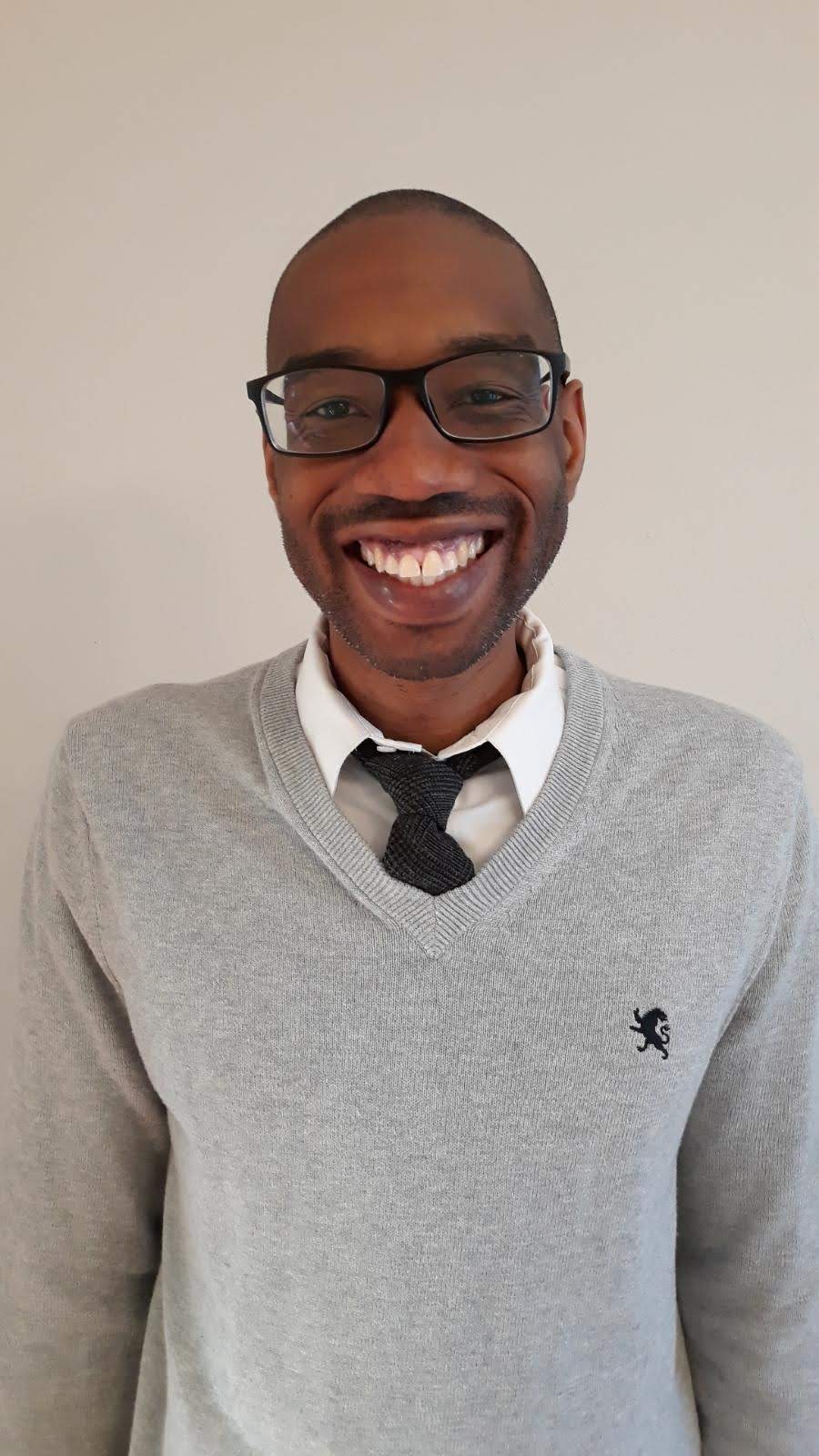When I arrived at the Harvard Macy Institute to attend the 2023 Leading Innovations in Health Care & Education Course, I did not know what to expect. I submitted a project about integrating the Basic Sciences into the clinical phase of the medical curriculum. I recently implemented a pharmacology elective for 4th year medical students at my institution and thought I had an early plan for how I wanted to build a basic science elective for the clinical phase. What happened in our project group sessions made me realize the power of the “Step Back Process” and how it could be implemented successfully in medical education.
The “Step Back Process” is one example of a structured facilitation method for small-group learning. The process was originally modeled on the structure of Balint Groups, which at its inception involved general practitioners engaging in small group discussions to review patient progress. There were seven people in our group - 5 scholars and 2 Harvard Macy Institute Faculty - and we followed a collaborative process below to develop project feedback:
|
Time |
Activity |
|
5 minutes |
The presenter describes the project, the problem addressed, the barriers, and the evaluation |
|
3 minutes |
Group members ask clarifying questions |
|
15 - 20 minutes |
The presenter “steps back” and listens silently and reflects while the group discusses the project as a collaborative team |
|
3 minutes |
After listening to the discussion, the presenter rejoins the group and shares insights and reflections they gained by listening to the group discussion about their project |
My initial impression of this experience was that it was a very effective way to build community with other educators as you hear them providing formative feedback on your project. Also, it helps you to clarify what your project is about and how to explain it to others. The most informative part of the method is hearing how others think about your project and the ideas they contribute to improve your project.
The most impactful result from the “Step Back Process” is that I realized that I should incorporate elements of the Backward Design approach in developing my elective, specifically, not just focusing on covering information but thinking of the desired outcomes and designing the course to achieve those outcomes. Also, instead of working with basic science faculty to develop topics based on what we think is important for students to know, I should collect information from residents using structured interviews or focus groups to gain their insights regarding key basic science content that should be understood before entering residency. It also makes sense for me to involve teaching residents in case development for the elective. Another way I can encourage deeper learning is by requiring 4th-year medical students enrolled in the course to teach a concept through a case to the other students. The focus of the elective is no longer the passive transfer of information but instead, the electives serve as a platform for students to reinforce their knowledge by teaching each other. Further, the insights from these student-led sessions in the elective may highlight foundational basic science concepts that should be emphasized in the pre-clerkship phase in preparation for clinical application. Finally, the “Step Back Process” revealed to me numerous scholarship opportunities centered around the development, implementation, and evaluation of this basic science elective.
The “Step Back Process” showed me a different and forward-thinking approach to project design. The principles I learned during the session have underscored the power of teamwork and the utility of feedback in creating an environment where the creativity of the individual and the team are optimized to benefit an organization.
Did you know that the Harvard Macy Institute Community Blog has had more than 365 posts? Previous blog posts have explored topics including using step-back feedback, online learning collaboration across institutions, and reversing the vertical integration pendulum.
Uzoma Samuel Ikonne


